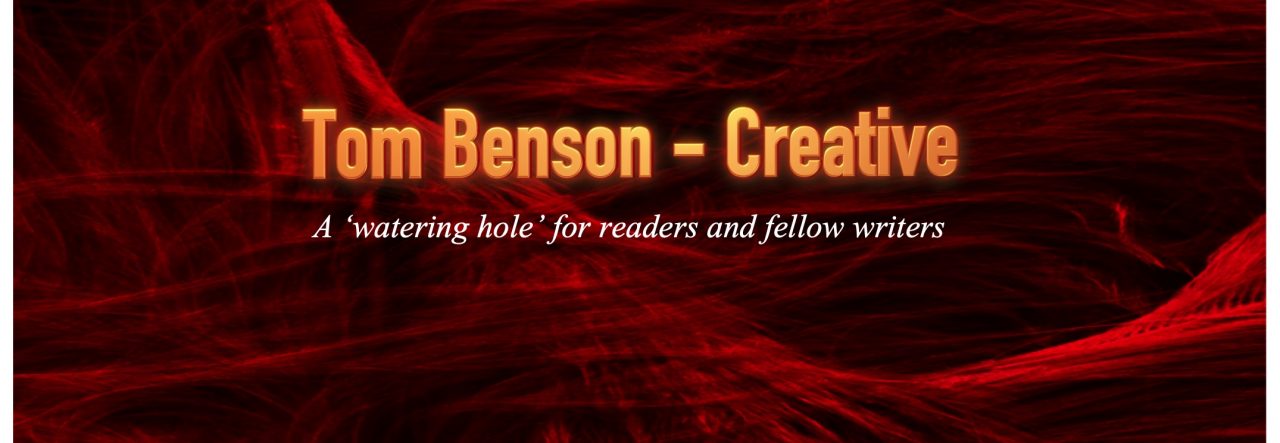‘Killing your darlings’, is not as some people think, simply to do with removing characters from a story. It also relates to sentences, paragraphs, entire chapters, and sub-plots. If you ever ponder whether you’re a lazy writer, ask yourself if you’re keeping any of the aforementioned simply because you like them, or because of the effort they took in creation.
This is my first post of 2023, and it’s been delayed for a good reason. During 2021, I announced the existence of my latest hero, Detective Sergeant Jason Knight aka Crusader. As usual, I had other stories in progress, so this new tale was fitted in, and I continued to move regularly from one story to another.
I’d written ten chapters of Crusader before it dawned on me that Jason’s new partner, Constance, was stealing the show. My vision for my main character had been clear, but as strong characters do, Constance made herself omnipresent. A lot of work had gone into those first ten chapters, so I put the story away for a few weeks and worked on other projects.
I returned to Crusader, and with the same panache that my main character might slay a violent criminal, I reread my new creation. The task was based on a simple palette. Black coffee to hand, my red pen at the ready, and a ruthless black and white approach to my task. This was to prove a test of wills between me and my characters, so there could be no grey areas … a chunk of hard-won writing went, or it stayed. Moving around can be done anytime.
What was the result?
It took two days to achieve my aim. As any half-decent writer knows, it’s not advisable to delete something that could be useful for something else. I removed three complete chapters, and large sections from a couple of others, and put them in a holding file. A single read through was enough to give me an idea for the name of the file—Constance: Crusader Part 2.
I left the revised version of Crusader to rest while I adjusted my thinking for the story.
‘Killing your darlings’ doesn’t mean destroying what you’ve created. If you take time to consider your options, and you’re not afraid of hard work, it could be looked at as ‘redeveloping your darlings’. It doesn’t sound as terminal, and it offers the opportunity of producing something new, like a Phoenix from the flames.
How have things moved on with Crusader, the original idea?
It’s been almost eighteen months since I wrote the opening lines of the story. I completed my most recent edit two days ago, and at present Crusader stands at 112k words. After a few more brutal editing sessions I’ll offer it up for beta reading, possibly in late February. I aim to publish in mid March 2023.
Thank you for taking an interest in my work, and, as always, comments and suggestions are welcome.









